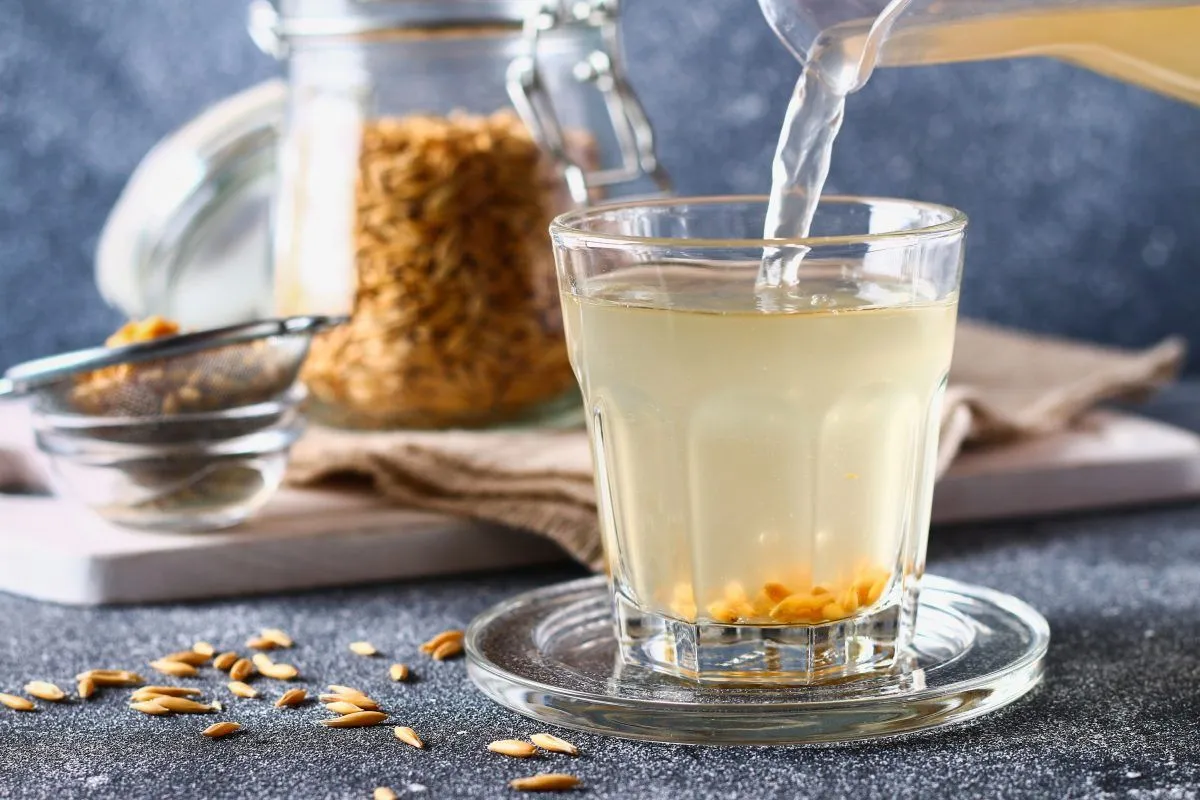The many health benefits of oatmeal water are numerous. It can lower cholesterol, improve memory, and reduce the risk of cancer. The benefits of oatmeal water are so many that they may even be the main reason you’ve never heard of it before. But what are they and how do you benefit from them? Keep reading to discover some of the best ways to get your hands on oatmeal water. And as an added bonus, it’s delicious! And it’s easy to prepare, too.
Reduces risk of cancer
Oatmeal contains many health benefits and is a great source of dietary fiber. It is rich in soluble fiber, zinc, and thiamin. It is also rich in a compound called avenanthramides, which has both anti-inflammatory and cancer-fighting properties. Oats are rich in b-glucan, a type of soluble fiber found in oats. This fiber has been shown to reduce cholesterol, improve colon health, and lower blood pressure. Studies have also shown that b-glucan extracts can inhibit the growth of tumor cells.
Oatmeal water helps your body flush toxins from your body. This water also promotes healthy hair and skin. It is low in calories, making it an excellent choice for a detox plan. High blood sugar levels are bad for your body, increasing your risk for diseases such as heart disease, diabetes, and kidney failure. Oatmeal water also helps to develop a healthy metabolism. It also contains beneficial vitamins and minerals.
Researchers have linked high oat consumption with reduced risk of breast cancer in old age. One Danish study found a link between high oat consumption and reduced all-cause mortality among breast cancer patients. However, the results aren’t conclusive. But oats are rich in a compound called avenanthramides. Avenanthramides have powerful anti-inflammatory, anti-proliferative, and anti-irritant properties. In fact, this substance is so beneficial that it is used in topical products for reducing reactions to radiation therapy.
Lowers cholesterol
Oatmeal is typically associated with its cholesterol-lowering properties, but there are several other benefits to this grain. One study found that it lowered cholesterol and reduced waist circumference in obese participants. Another found that it reduced the risk of developing type 2 diabetes and high blood pressure, two conditions that are associated with cardiovascular problems. But, is oatmeal water really all that it’s cracked up to be? Let’s find out.
While there is no evidence that oatmeal water can lower cholesterol, other sources of fiber contain the same nutrients. Besides oatmeal, apples and kidney beans are great sources of fiber. Other nutritious foods that contain fiber include olive oil, almonds, and whole grains. Ultimately, oatmeal water does not lower cholesterol. Instead, you should focus on healthy eating habits that include regular exercise, limited saturated fat, and whole grains and lean proteins. If you want to lower your cholesterol levels naturally, talk to your doctor or nutritionist about a customized dietary plan.
Oatmeal is full of soluble fiber. This soluble fiber prevents constipation and facilitates waste elimination. Moreover, oatmeal contains essential amino acids, which help lower bad cholesterol. Moreover, it helps the liver produce lecithin, a substance that detoxifies the body and keeps it healthy. Soothing water is an excellent way to lower cholesterol. So, it’s a great way to improve your health and lower your LDL cholesterol levels.
Improves memory
Oatmeal is a good source of folate, a substance that may help preserve the neural development of the infant brain. It may continue to build the brain during pregnancy, which is critical because folate helps to build the memory center in children. Also, green tea contains caffeine, which improves concentration and alertness. Sage, a traditional memory enhancer, is another good choice. Its volatile oils, flavonoids, and phenolic acids may also improve memory.
According to a study conducted at Tufts University, breakfast has a measurable effect on children’s memory. Children who ate oatmeal for breakfast performed better on tasks requiring spatial memory than those who ate a cereal-only or no-breakfast-alone. In fact, 68 percent of those who ate oatmeal improved on memory tests, compared to only 47 percent of those who ate nothing.
Oatmeal also contains choline, a neurotransmitter involved in memory and learning. When consumed regularly, it fuels the brain and reduces the risk of midday crashes. Furthermore, it contains choline, a nutrient needed for the production of acetylcholine, a neurotransmitter critical to memory. Oatmeal products vary in quality. If you are concerned about the amount of choline, choose steel cut oats. Drinking Oatmeal water is also a very effective and safe way to lose weight that you should try.








